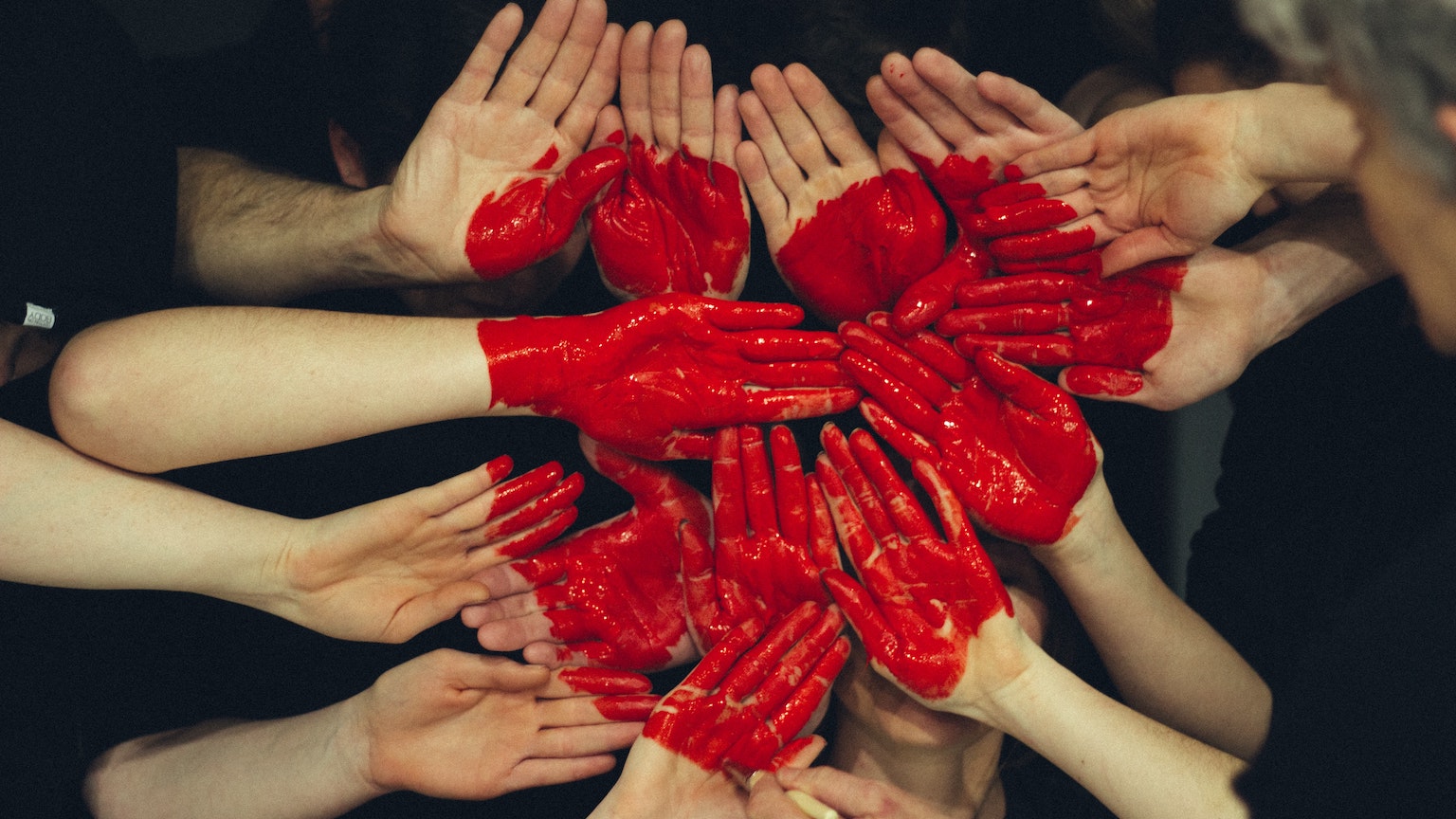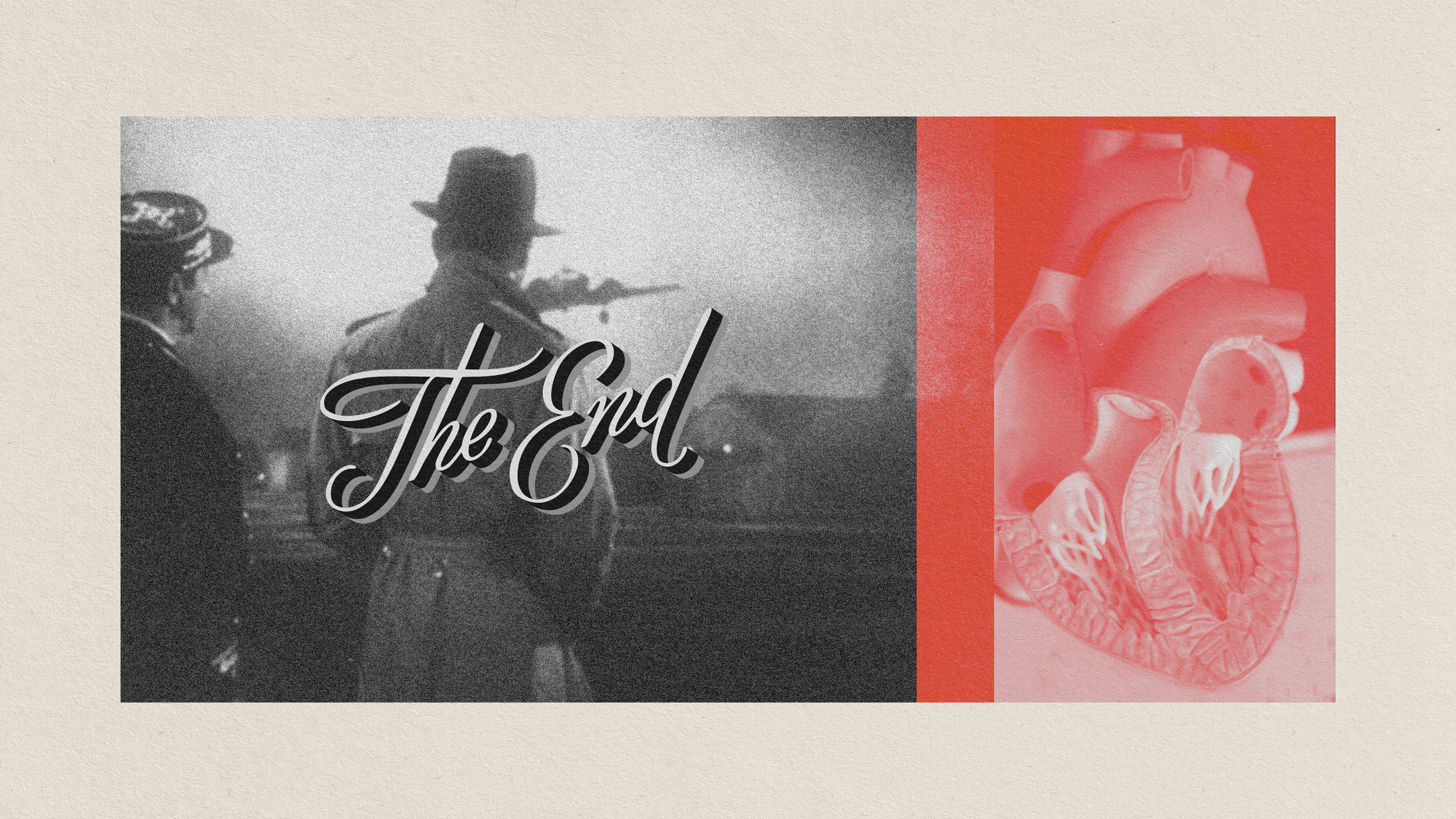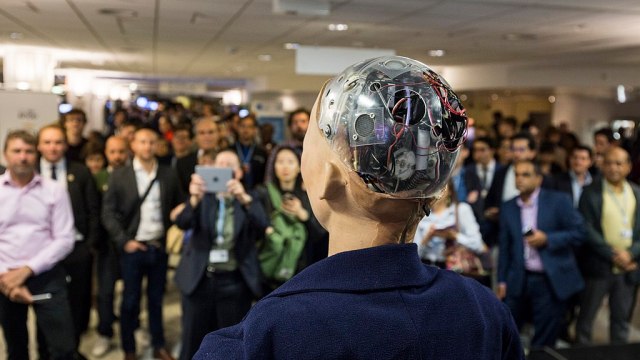The surprising philosophy behind Dungeons and Dragons
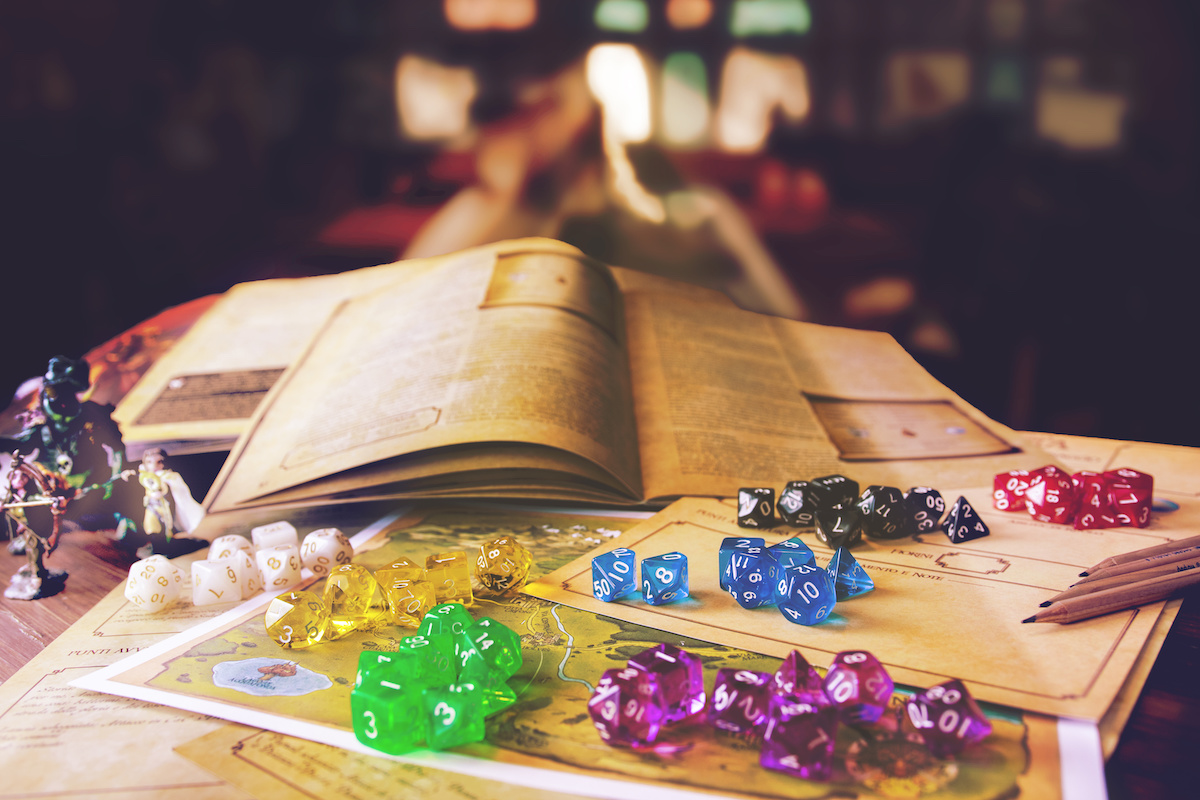
- Dungeons and Dragons is a role-playing game where characters get to determine their own system of morality and ethics.
- Existentialists believed that acting only to the demands of a role or character is to live inauthentically — to surrender our own personhood.
- The maturity of Dungeons and Dragons is that, as characters make different decisions, their moral “alignments” will change. So, too, with life: We are defined by our decisions, not a label.
As you look at yourself in the mirror, you decide you want to be lawful evil today. So, you nod to your boss and pay for your shopping, but there is no hope you are going to be nice. You splash someone with a puddle in your car, you drink the last of the coffee in the office, and you lie to everyone you meet about the most pointless of things. You’re cruel, mean, and spiteful. But you never do anything truly bad. Tomorrow is a new day. Tomorrow, you think you’ll choose to be chaotic good.
Dungeons and Dragons (D&D) is one of the most popular and famous role-playing games of all time. In 2020, thanks in no small part to global lockdowns, there was a 30% increase in players, while celebrities like Dwayne Johnson, Vin Diesel, and Joseph Gordon-Levitt have been known to don a wizard’s robe or wield a warrior’s broadsword.
There’s good reason why D&D has captivated so many people since it came out in 1972: Behind the monsters and spells lies a surprising profundity, especially within the game’s alignment system. The game entrances us because it centers on the stories we create.
The games people play
One of the more popular (not to mention readable) areas of philosophy is existentialism. The problem, though, is that very few philosophers we think of as “existentialists” actually called themselves that. (The only exception is the French philosopher Jean Paul Sartre). As such, it’s hard to definitely say what connects them all. But one of the common aspects across existentialist thought is concern with the identities we wear. It considers the personalities we adopt when we’re in public, and how our experiences change when facing another human being.
For Sartre, this means that we often assume the disingenuous costume of an actor, something which he labelled “bad faith.” Bad faith is when we hide from ourselves our own capacity to choose what to do, surrendering our freedom to excuses, rules, and roles. When someone says, “I have to do X because of Y,” they are often refusing to recognize the agency they have in the matter. You do not have to go to work, you choose to go. You do not have to go to class, you choose to attend. And you do not have to see your family on the weekend, but you might choose to make your mother happy.
Very rarely are we actually forced to act. Instead, many of us find comfort in certain masks we wear, or roles that we play. We live not as “authentic” selves, but rather we wear an off-the-shelf identity that is given to us. What happens, though, when this chosen identity, this costume we wear, becomes who we are? After all, as the novelist George Orwell observed, when someone “wears a mask…his face grows to fit it.”
The philosophy in D&D
In many ways, then, life is the greatest role-playing game there is. Games like D&D do not simply imitate the real world, but rather offer a great insight: Life is about shifting labels. When you look closely at the mechanisms behind D&D, you find a surprising depth. For example, a vigilant game master — someone who organizes how the game moves forward — will, if you repeatedly do certain types of unexpected actions, reassign your alignment, which is the particular ethical and moral perspective of your particular character.
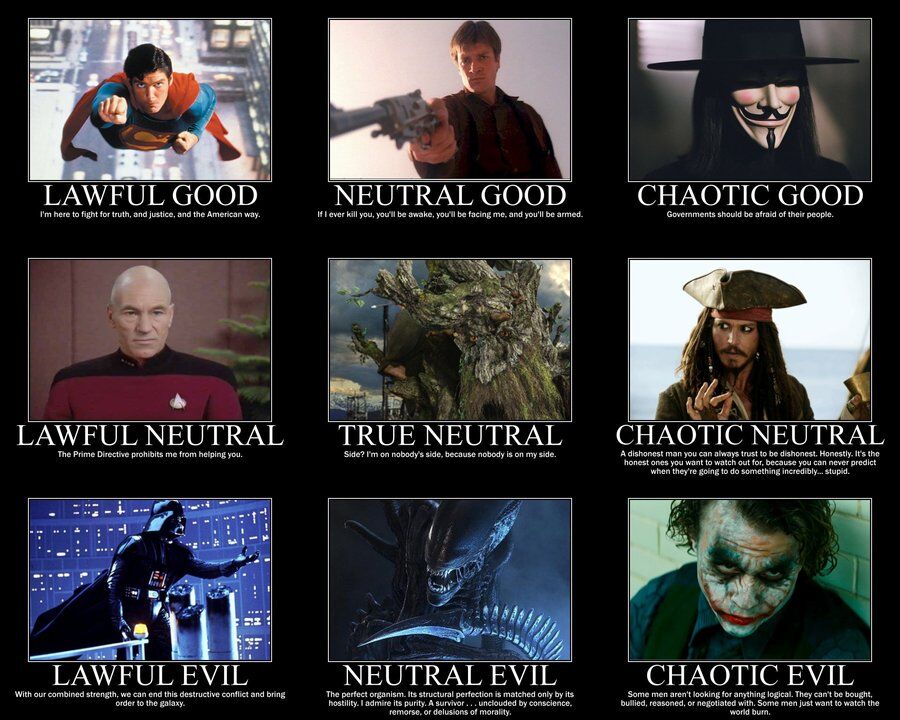
So, if you’re supposed to be “lawful good” but you keep breaking the rules, you might become “neutral good.” If you set yourself up as being a chaotic kind of person, yet are boringly predictable in your decisions, don’t be surprised to be reassigned. Real life is no different.
Aristotle noted that we are made by our repeated behaviors: “We are what we repeatedly do.” If we do evil things in life, we become the demon. If we read books, we become the sage. If we are kind and gentle, we become the cleric. On this account, our lives are not a completed painting or book, but rather with each action we dab the canvas, or write our story.
The freedom to change
What’s more, D&D has a maturity to it that is often lacking in real life. The ambiguity and fluidity of the D&D alignment system shows in its ability to adapt and change to a person’s roles over a course of a game. No one is forced to play a certain role forever; nobody has to make certain decisions. That’s no fun at all. Our identities no doubt influence certain behaviors, but the joy of a role-playing game is that we can be a rampaging dragon one moment and a sanctimonious paladin the next.
When we realize that life is just a role-playing game that we often take too seriously, we can live with the same thrill we experience with games. We can see that we are not defined by an alignment card we picked up when we were 14 years old. Our actions and decisions, every day, push us this way and that. Every day we can wake up, choose a costume, and play the role we want.
Jonny Thomson teaches philosophy in Oxford. He runs a popular Instagram account called Mini Philosophy (@philosophyminis). His first book is Mini Philosophy: A Small Book of Big Ideas.



